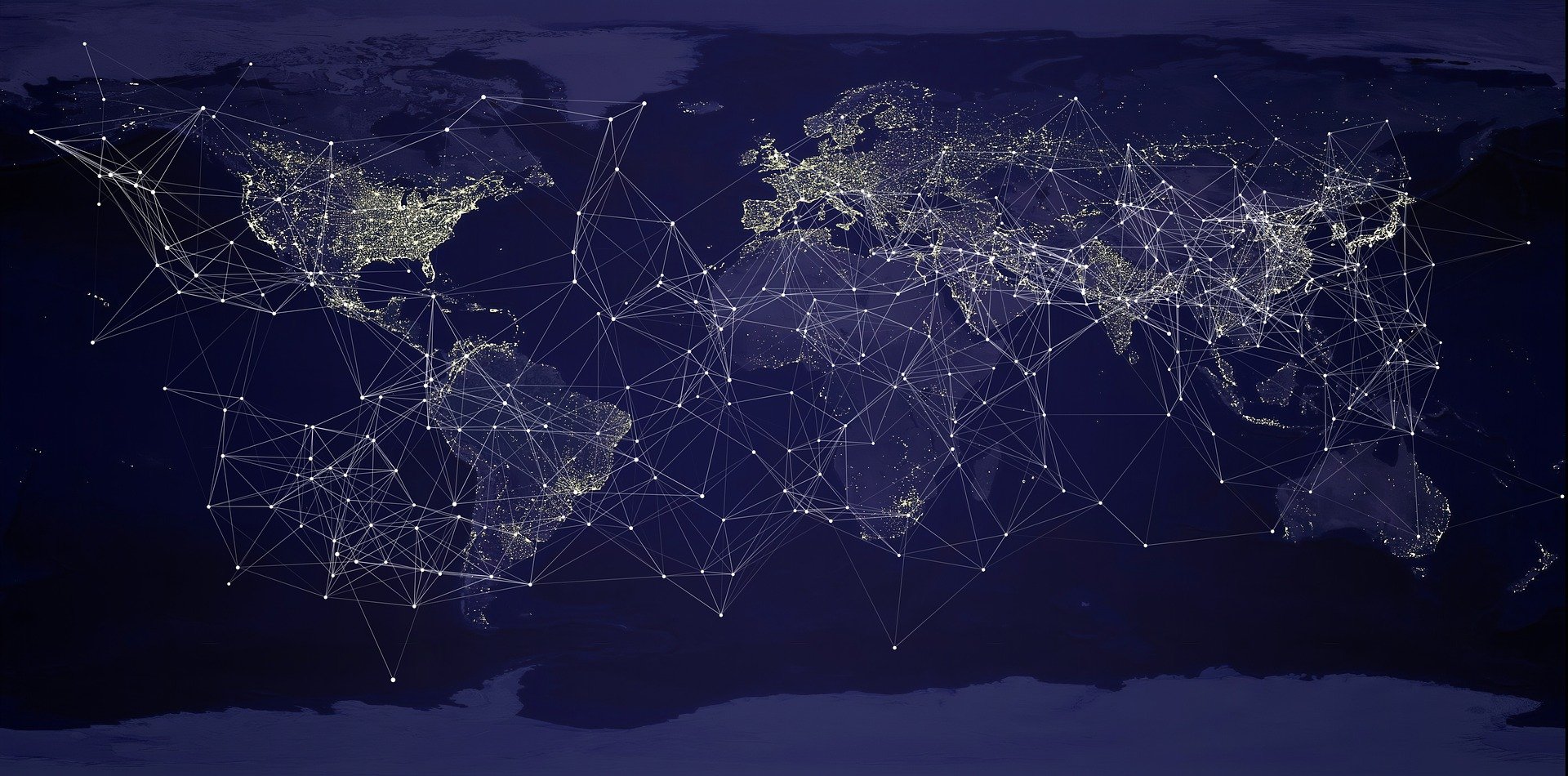

Decentralization refers to the distribution of power or authority away from a central entity or organization. In the context of technology, decentralization often refers to the distribution of power or control over a network, such as a computer network or blockchain. Decentralization has a number of benefits, including increased security and reduced reliance on a central authority.
One major benefit of decentralization is increased security. In a centralized system, there is a single point of failure that can be targeted by malicious actors. If this central point is compromised, the entire system can be compromised. In contrast, decentralized systems are less vulnerable to attacks because they do not have a central point of failure. Instead, they rely on the distributed network of nodes to secure and validate transactions. This makes it much more difficult for a single entity to gain control of the system or disrupt its operations.
Another benefit of decentralization is reduced reliance on a central authority. In a centralized system, all decisions and actions are controlled by a single entity, which can be prone to corruption or abuse of power. Decentralization, on the other hand, allows for the distribution of power and decision-making authority among multiple parties, making it harder for any one party to exercise undue influence. This can lead to more transparent and fair decision-making processes, and can also reduce the potential for corruption.
Decentralization also has the potential to increase accessibility and inclusivity. In a centralized system, access to resources or services may be controlled by a single entity, which may limit access for certain groups or individuals. Decentralization allows for the distribution of resources and services among multiple parties, which can make them more accessible to a wider range of people.
There are also economic benefits to decentralization. In a centralized system, a single entity controls the supply and demand of resources or services, which can lead to inefficiencies and market manipulation. Decentralization allows for the free market to determine supply and demand, leading to more efficient and fair pricing.
Overall, decentralization has a number of benefits, including increased security, reduced reliance on a central authority, increased accessibility and inclusivity, and economic efficiency. While decentralization is not a perfect solution, it offers a number of advantages over centralized systems and is likely to continue to play a significant role in the development of technology and society.
210 5th Ave
New York, NY 10010, USA
+1 (424) 332-8361
Jana Pawla II 27
00-867 Warsaw, Poland
+48 792 747 357
© 2025 Inbound Marketing and BI Agency for Programmatic companies. All rights reserved.